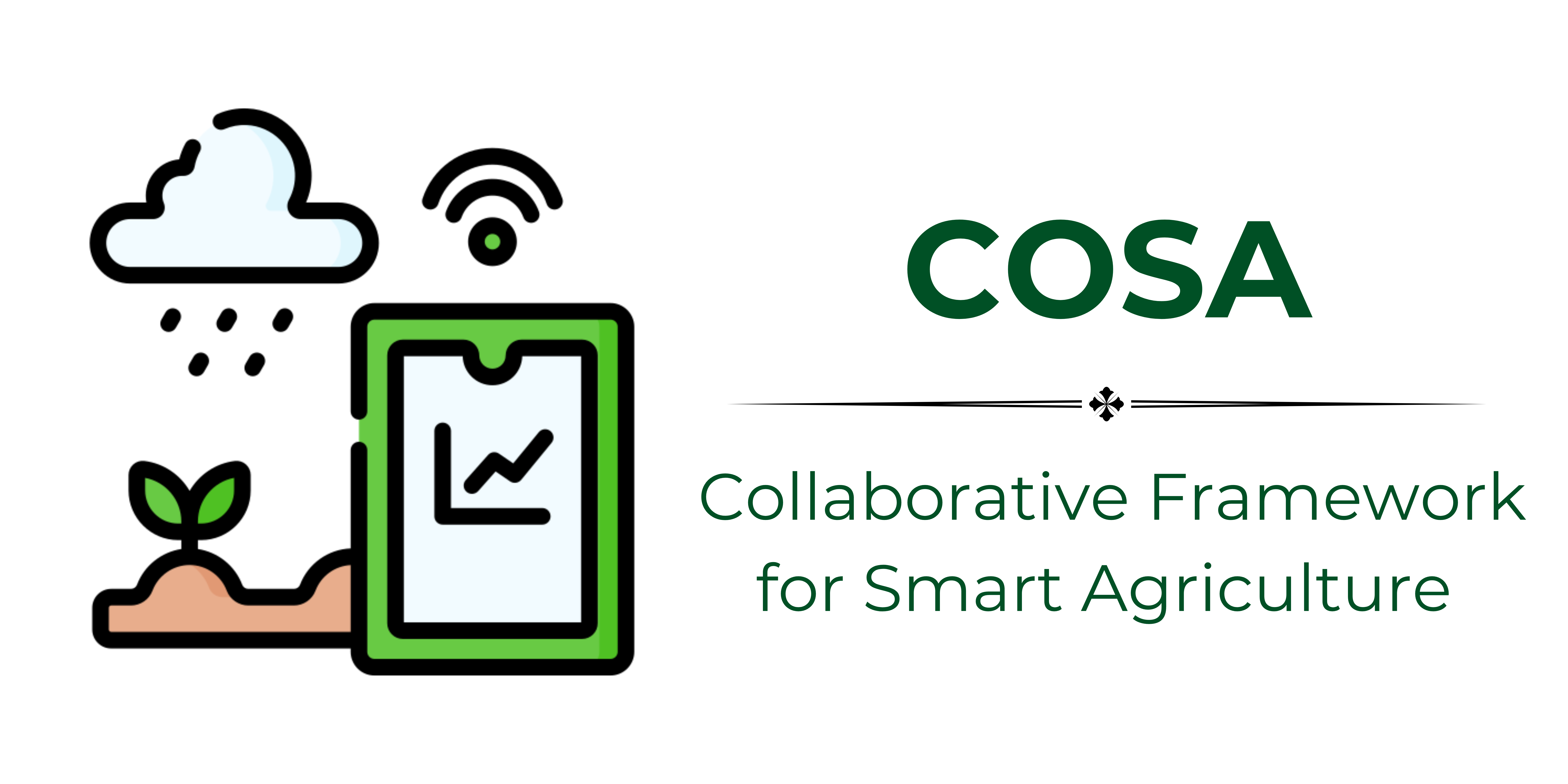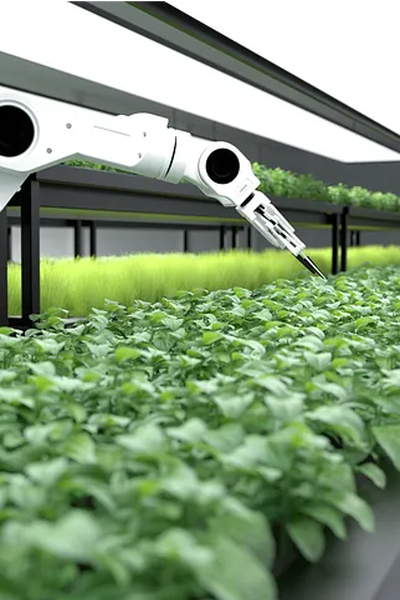
The Collaborative Framework for Smart Agriculture (COSA) project aims to build a complex Internet of Things (IoT)-based environment for smart agriculture throughout its life cycle. COSA enables the devices of various actors (farmers – with field sensors, suppliers – transport fleet management, manufacturers – requests, etc.) to connect and provide data on the complete chain optimization.
The project is supported by a team of computer scientists, computer engineers and mathematicians, working at the interface of the fields: complexity engineering, cyber-physical systems, optimization, artificial intelligence, with competence and experience in all the mentioned fields.
Conceptualization
The conceptualization phase (WP1) marks the beginning of the project, establishing the main foundations on which the rest of the project.
Innovation and Development
This phase builds upon the foundations defined in phase 1 (WP1), COSA Digital Infrastructure, Technologies for Communication, Cybersecurity and AI-Based Software Modules for predictions and decision making, multidisciplinary research and technology tasks.
COSA Framework Validation
The COSA framework will be validated both from an infrastructure point of view as well as from a software and data platform perspective (WP3). The validation will be performed through 2 use cases.
Horizontal Activities
This phase comprises all the horizontal activities of the project like, management, dissemination, etc.
About Us
Scientifically, the COSA project will continue the research started within the group regarding data mining in IoT and optimization of the supply chain. The existing platforms can collect data at a centralized level (e.g., cloud), however, data privacy, safety, and security are at their lowest levels. More advanced Data Mining methodologies, like Federated Learning, significantly improve these aspects, resulting in a safer and more secure platform with lower bandwidth and power consumption. Some little research focuses on translating data into actionable knowledge, such as reported by Quafiq et al. (TRL 3), which is not technologically mature enough to be used for more applicative cases. It focuses on knowledge inferred specifically from the sensor data, without considering context or corroborating the sources. Within data translation, special care is given to preserving information quantity. When inferring the ontology, we aim for information quantity increase. Data will be made public, which will provide test beds for further research in IoT, optimizations, and smart agriculture. All these domains are priorities of the European Union, so our research will contribute to the increase of innovation as a secondary means.
Praesent sapien lacus, molestie vitae arcu in, elementum congue justo. Aenean aliquam semper velit eu pretium. Suspendisse mattis luctus quam nec vehicula. Donec scelerisque tristique metus a vestibulum. Curabitur mattis eros lorem, finibus egestas augue aliquam et.
Budget
Total budget is 7.091.752,82 RON.
Project period
36 months.
Starting time
The project start on July 2023.


